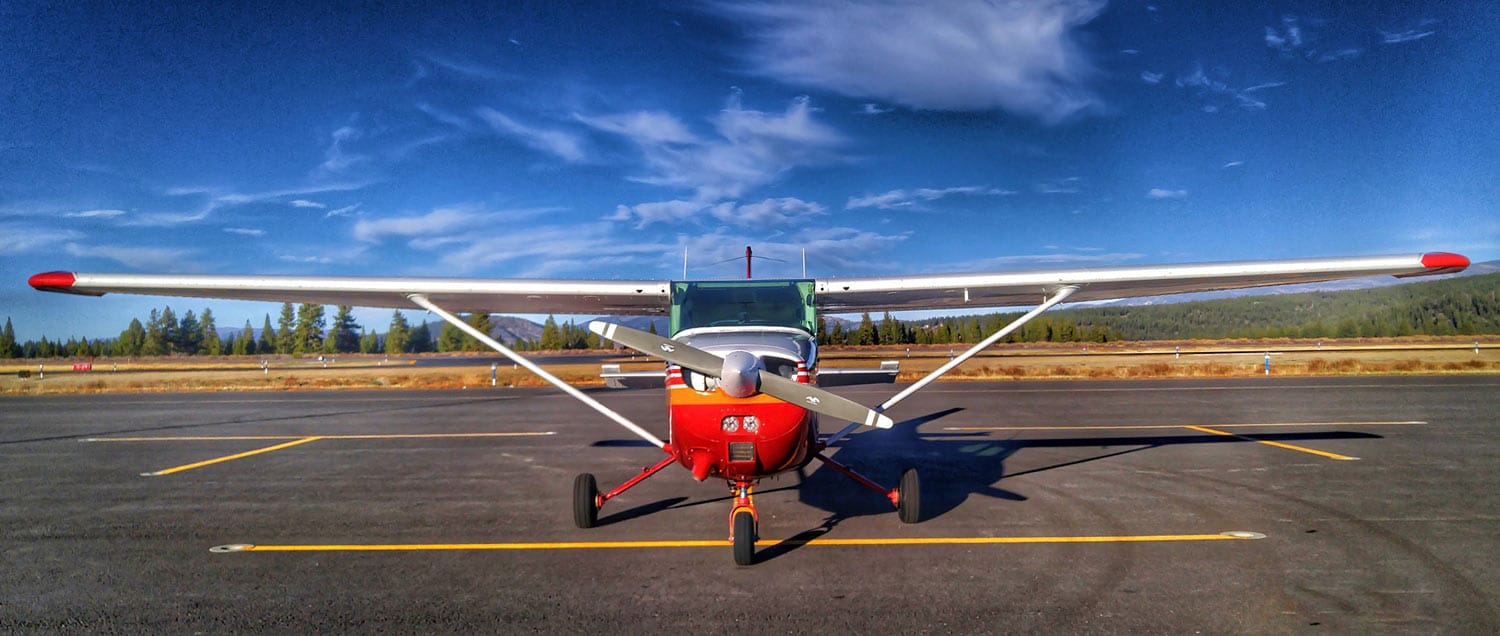Expert Advice: Mastering Your Cessna Skyhawk Flight
Mastering the art of flying a Cessna Skyhawk is both an exhilarating and rewarding journey for pilots. Known for its reliability and versatility, the Cessna Skyhawk is often a preferred choice for both novice and experienced aviators. To truly excel in commanding this aircraft, expert insights and targeted practice are key. This article delves into practical tips and professional guidance for pilots aiming to elevate their Skyhawk flying skills.
Expert Tips to Master Cessna Skyhawk Flying

The Cessna Skyhawk, with its robust design and forgiving flight characteristics, is an ideal aircraft for developing fundamental flying skills. Experts emphasize the importance of understanding the aircraft’s systems and performance capabilities. Familiarizing yourself with the Skyhawk’s flight manual, engine specifications, and avionics will create a solid foundation for proficient flying. Additionally, conducting thorough pre-flight checks is crucial. This includes inspecting the control surfaces, checking fuel levels, and verifying that all instruments are functioning properly. Adhering to these routine checks can prevent potential issues during flight.
Another critical aspect of flying the Skyhawk is mastering takeoffs and landings, which are often the most challenging parts of flight. To achieve smooth landings, it’s important to manage your approach speed and glide slope accurately. Experts suggest practicing in various weather conditions to enhance your skill set and improve your confidence. Regular hours in the cockpit, combined with utilizing flight simulators, can provide a safe environment to perfect these maneuvers. Engaging in this practice not only builds muscle memory but also heightens your situational awareness.
Weather conditions can significantly affect your flying experience, and understanding how to navigate them is essential. The Skyhawk is equipped to handle different weather scenarios, but pilots must be adept at interpreting weather reports and adapting their flight plans accordingly. Experts advise staying updated with the latest meteorological information and having a contingency plan in place. Additionally, continually refining your judgment skills through experience and training will enhance your ability to make quick, informed decisions during unanticipated weather changes.
Elevate Your Skills with Pro Cessna Guidance

To further elevate your skills, seeking mentorship from seasoned Cessna pilots can provide invaluable insights that are not found in manuals. These professionals can offer personalized feedback and share their own experiences, helping you to refine your techniques. Engaging in workshops and seminars focused on Cessna flying can also expand your knowledge base and introduce you to advanced flying strategies. Networking with other pilots can lead to valuable discussions and collaborative learning opportunities.
In addition to mentorship, integrating advanced technology can also play a pivotal role in mastering your Skyhawk flying skills. Many modern Cessna Skyhawks come equipped with sophisticated avionics systems, and becoming proficient in their use can greatly enhance your situational awareness and flight management capabilities. Enrolling in specialized training courses that focus on avionics will enable you to maximize the potential of these systems, making your flights more efficient and safer.
Finally, continuous self-assessment and goal setting are essential to your development as a Skyhawk pilot. Regularly reviewing your flight performances, identifying areas for improvement, and setting specific objectives can help maintain your progress. Documenting your experiences in a flight journal allows you to track your growth over time and reflect on the lessons learned. Establishing a routine of self-evaluation ensures that you remain committed to your training and consistently strive for excellence.
Mastering the Cessna Skyhawk is a dynamic process that requires dedication, practice, and a willingness to learn from both successes and setbacks. By incorporating expert tips and leveraging professional guidance, pilots can significantly enhance their flying skills and enjoy a more rewarding aviation experience. Whether through mentorship, technology, or self-reflection, the journey to Skyhawk mastery is one paved with opportunities for personal and professional growth.



